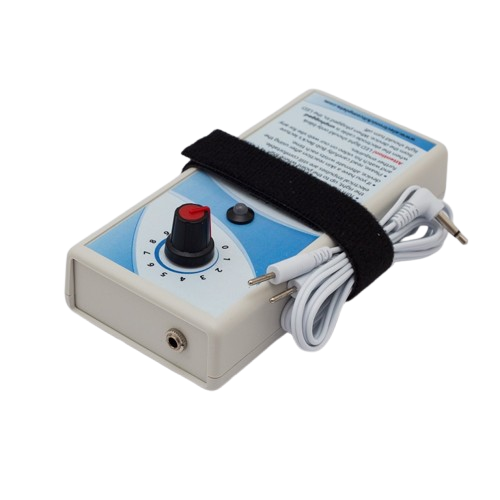Deep Brain Stimulation
Deep Brain Stimulation (DBS): Deep Brain Stimulation (DBS) is a surgical procedure used to treat certain neurological conditions, primarily movement disorders such as Parkinson’s disease, essential tremor, and dystonia. It involves the implantation of thin electrodes into specific deep brain structures.
During the procedure, the electrodes are carefully placed in the targeted areas of the brain, which are responsible for regulating movement and other functions. These electrodes are connected to a neurostimulator device, often implanted in the chest or abdomen, which delivers electrical impulses to the brain.
The electrical stimulation provided by DBS helps to modulate abnormal brain activity and restore a more normal pattern of neuronal firing. This can effectively reduce the symptoms associated with movement disorders, such as tremors, rigidity, and bradykinesia (slowness of movement).
DBS is typically recommended for individuals who have not achieved adequate symptom control with medication or other therapies. It offers the advantage of being adjustable, allowing healthcare professionals to fine-tune the electrical stimulation to optimize symptom relief while minimizing side effects.
The success of DBS depends on careful patient selection, appropriate targeting of brain structures, and precise programming of the stimulator device. The procedure is performed by a multidisciplinary team consisting of neurosurgeons, neurologists, and other specialists experienced in DBS.
Although DBS is generally considered safe and effective, it does carry some risks, including potential surgical complications and side effects related to the stimulation. These can include temporary or permanent changes in speech, balance, or cognition. However, the benefits of DBS often outweigh the potential risks for eligible candidates.
It’s important to note that DBS is a complex procedure that requires thorough evaluation and ongoing follow-up care. Healthcare professionals will assess the individual’s suitability for the procedure based on their specific condition and medical history.
If you or someone you know is considering DBS, it’s recommended to consult with a neurologist or neurosurgeon specialized in movement disorders to discuss the potential benefits, risks, and alternatives of this treatment option.
Please remember that the information provided here is for informational purposes only and should not replace professional medical advice. Always consult with a qualified healthcare provider for accurate information and guidance specific to your situation.
